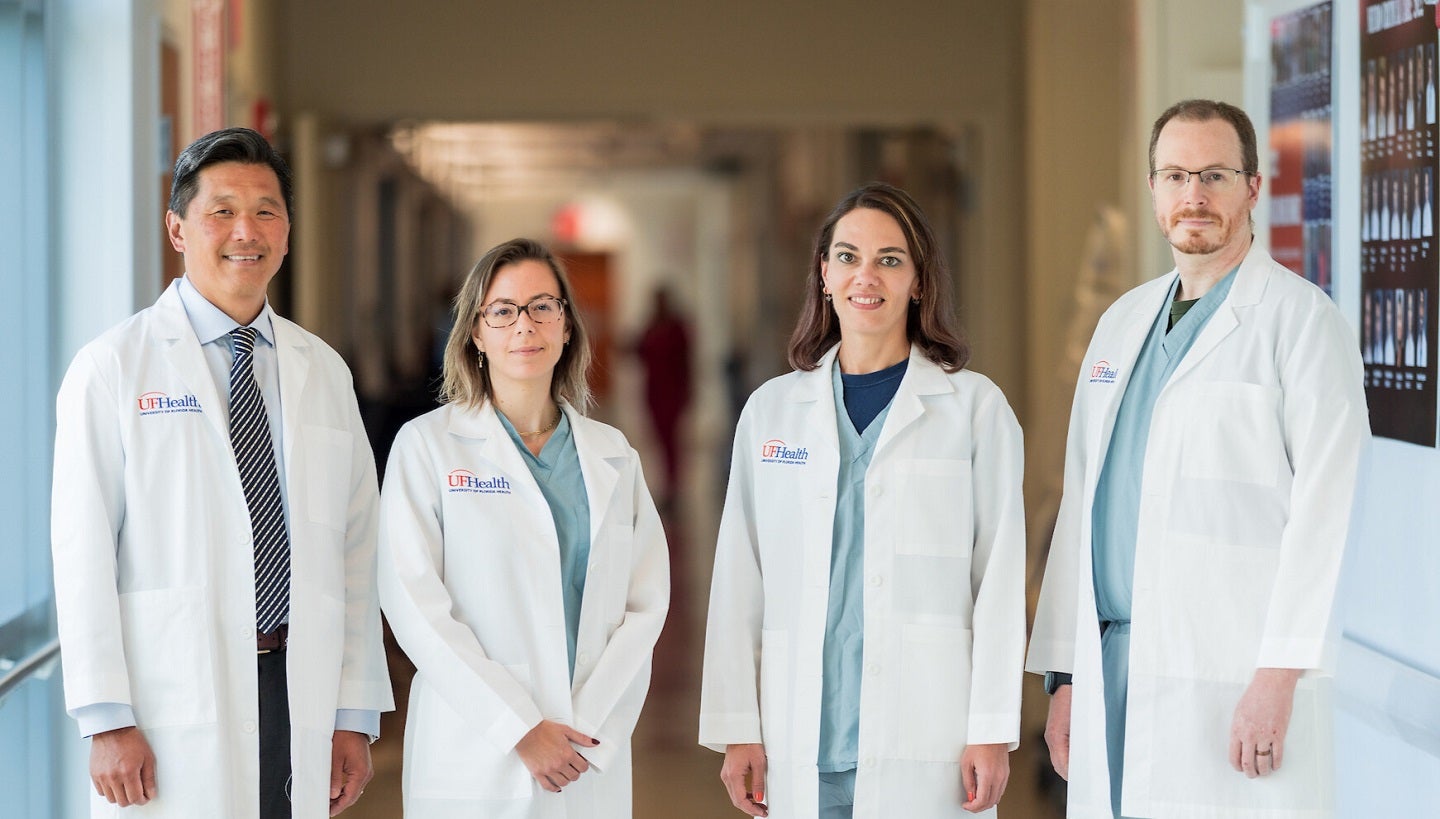
University of Florida (UF) Health is set to lead a 12-site national clinical trial to test a new nerve block procedure for the treatment of severe headaches caused by subarachnoid haemorrhage.
The UF Health team will lead the study, BLOCK-SAH, and assess the safety and efficacy of the procedure, as an alternative to opioid medications, for four years.

Discover B2B Marketing That Performs
Combine business intelligence and editorial excellence to reach engaged professionals across 36 leading media platforms.
The double-blind study will enrol 195 adult patients with an acute phase of subarachnoid haemorrhage following a ruptured aneurysm. It will also evaluate how well the procedure is tolerated by patients.
Patients will be randomised to receive either the anaesthetic-steroid combination or a placebo saline injection.
Two injections, one on each side of the head, will be administered to patients on successive days.
On third and fourth days, all the participants including in placebo group will be injected with the active medications.

US Tariffs are shifting - will you react or anticipate?
Don’t let policy changes catch you off guard. Stay proactive with real-time data and expert analysis.
By GlobalDataUF principal investigators have chosen groups at Massachusetts General Hospital and New York University for clinical coordination and data management, respectively.
UF Health neurointensivist Katharina Busl said: “Nearly everyone who is awake after suffering this condition complains of the most severe headache of their life; they say it hits them out of the blue, like a ‘thunderclap,’ and it is intolerable.
“Our idea was to find something outside the box that we could offer and that doesn’t come with all the side effects of opioids, such as blunting consciousness and sleepiness, and potentially long-term effects including addiction and rebound headaches.”
A team from the university, including neurocritical care, neurosurgery and pain medicine, has received a $12.9m grant from the National Institutes of Health to test the procedure.
The procedure involves insertion of ultra-thin 25-gauge needle that delivers a mix of a local anaesthetic ropivacaine and the steroid dexamethasone.
The mix then enters the pterygopalatine fossa, a cone-shaped space that holds the nerve structures where the pain originates.
The procedural co-investigators are planning to use real-time ultrasound in the upcoming trial to ensure proper placement during the nerve block procedure.





